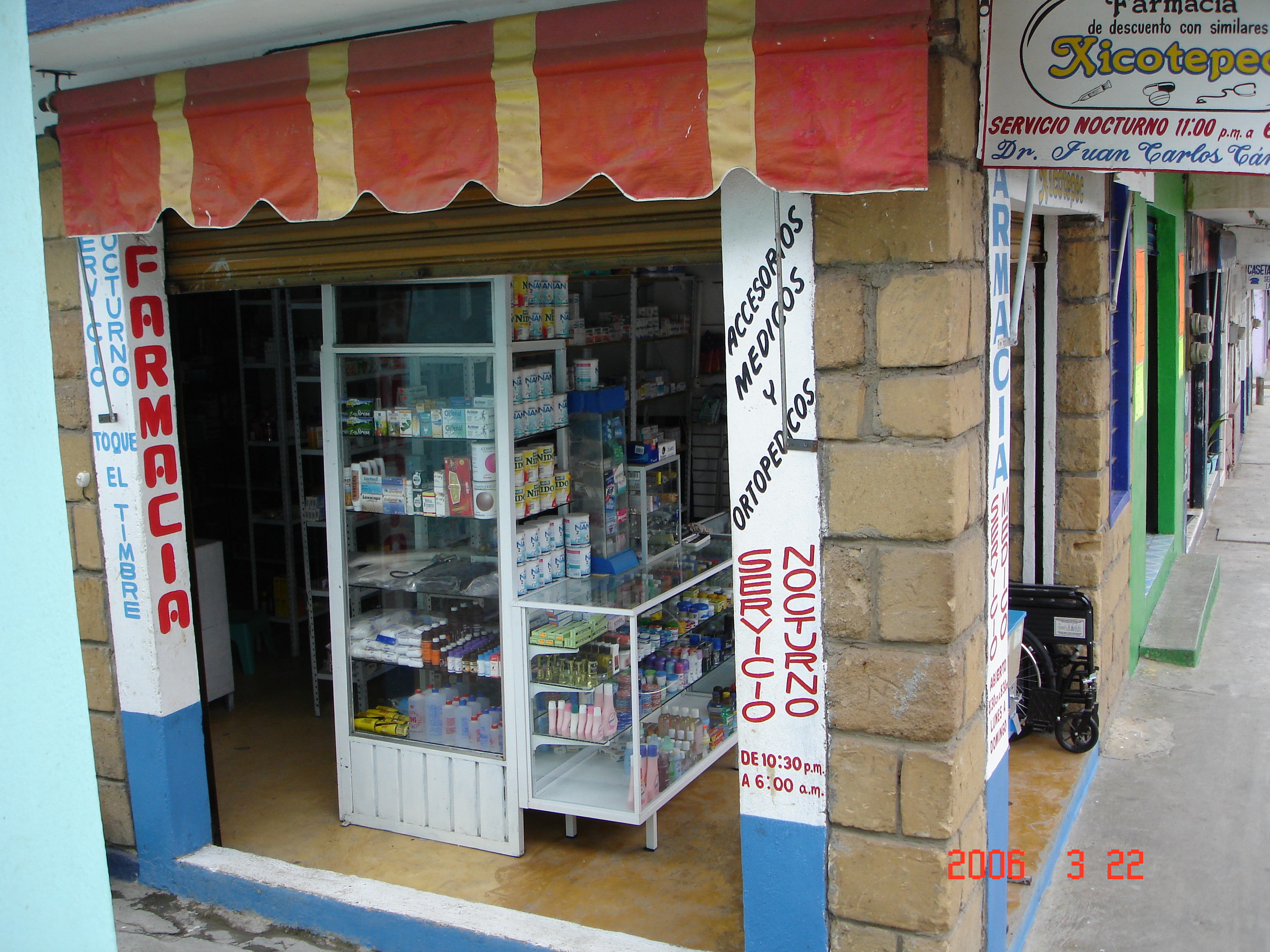Global Health Curricular Initiatives at University of Iowa College of Pharmacy
United States Agency for Internatinal Development (USAID), through the Management Sciences for Health (MSH), Rational Pharmaceutical Management (RPM) Plus Program, agreed to fund a pilot project that included:
- Development and implementation of a strategy for building skills and experience in pharmaceutical management in:
~ one school of public health (Johns Hopkins University)
~ one college of pharmacy (University of Iowa)
- Creation of awareness of career opportunities in pharmaceuticals management for underserved populations
- Sharing of experiences and materials developed with other schools to promote adaptation and adoption

